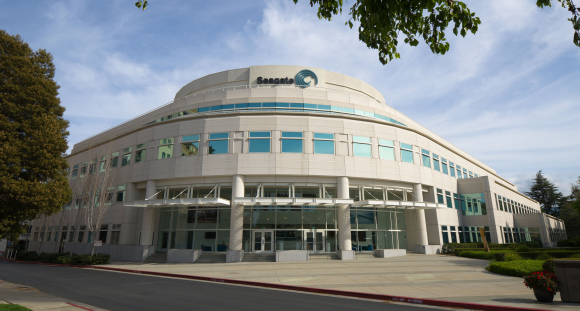A Kentucky hospital says it is operating in an “internal state of emergency” after a ransomware attack rattled around inside its networks, encrypting files on computer systems and holding the data on them hostage unless and until the hospital pays up.
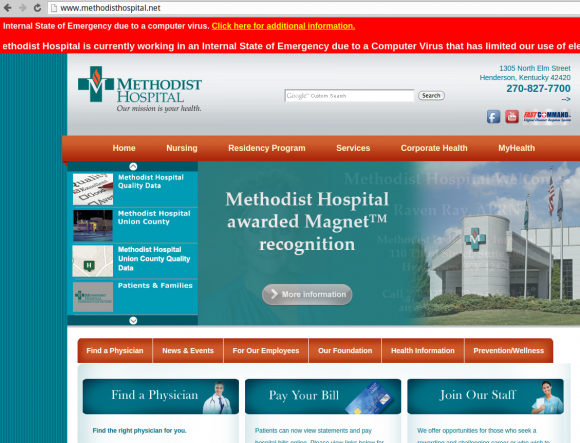
A streaming red banner on Methodisthospital.net warns that a computer virus infection has limited the hospital’s use of electronic web-based services. Click to enlarge.
Henderson, Ky.-based Methodist Hospital placed a scrolling red alert on its homepage this week, stating that “Methodist Hospital is currently working in an Internal State of Emergency due to a Computer Virus that has limited our use of electronic web based services. We are currently working to resolve this issue, until then we will have limited access to web based services and electronic communications.”
Jamie Reid, information systems director at the hospital, said malware involved is known as the “Locky” strain of ransomware, a contagion that encrypts all of the important files, documents and images on an infected host, and then deletes the originals. Victims can regain access to their files only by paying the ransom, or by restoring from a backup that is hopefully not on a network which is freely accessible to the compromised computer.
In the case of Methodist Hospital, the ransomware tried to spread from the initial infection to the entire internal network, and succeeded in compromising several other systems, Reid said. That prompted the hospital to shut down all of the hospital’s desktop computers, bringing systems back online one by one only after scanning each for signs of the infection.
“We have a pretty robust emergency response system that we developed quite a few years ago, and it struck us that as everyone’s talking about the computer problem at the hospital maybe we ought to just treat this like a tornado hit, because we essentially shut our system down and reopened on a computer-by-computer basis,” said David Park, an attorney for the Kentucky healthcare center.
The attackers are demanding a mere four bitcoins in exchange for a key to unlock the encrypted files; that’s a little more than USD $1,600 at today’s exchange rate.
Park said the administration hasn’t ruled out paying the ransom.
“We haven’t yet made decision on that, we’re working through the process,” with the FBI, he said. “I think it’s our position that we’re not going to pay it unless we absolutely have to.”
The attack on Methodist comes just weeks after it was revealed that a California hospital that was similarly besieged with ransomware paid a $17,000 ransom to get its files back.
Park said the main effect of the infection has been downtime, which forced the hospital to process everything by hand on paper. He declined to say which systems were infected, but said no patient data was impacted. Continue reading




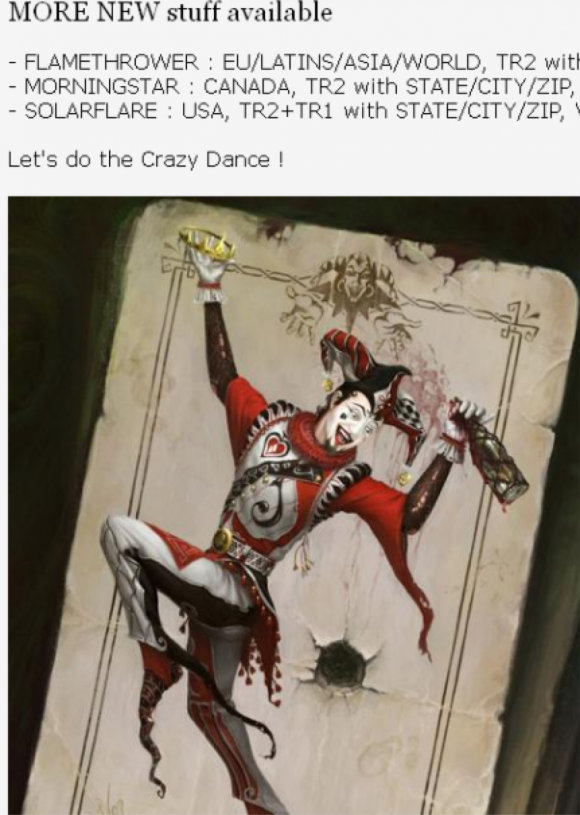
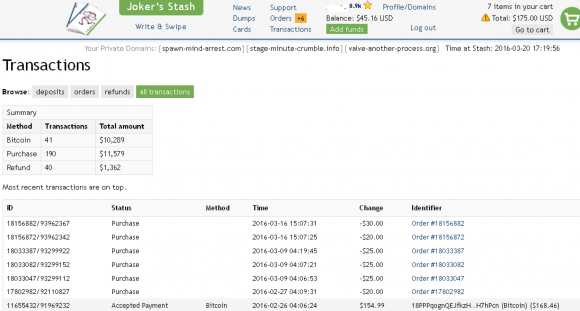
 Spam purveyors are taking advantage of so-called “
Spam purveyors are taking advantage of so-called “ Seattle-based Moneytree sent an email to employees on March 4 stating that “one of our team members fell victim to a phishing scam and revealed payroll information to an external source.”
Seattle-based Moneytree sent an email to employees on March 4 stating that “one of our team members fell victim to a phishing scam and revealed payroll information to an external source.”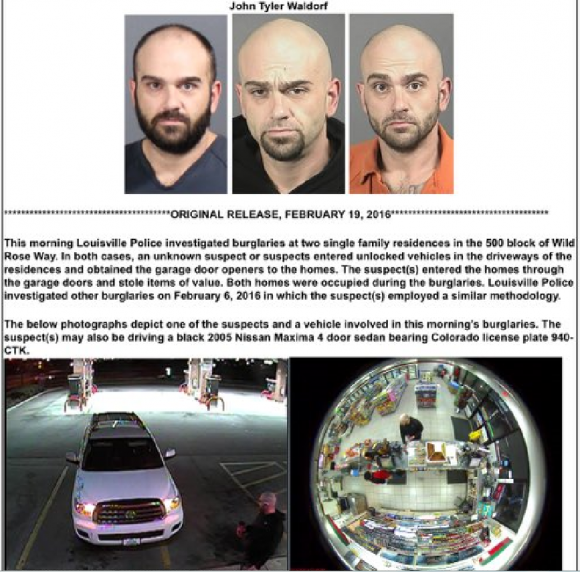
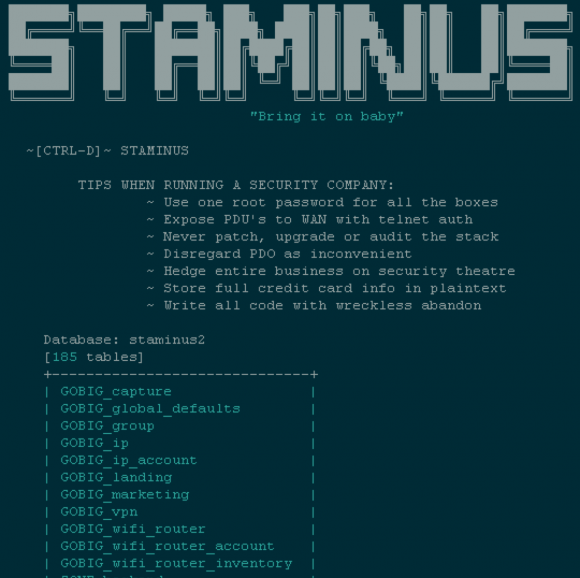

 The bulk of the security holes plugged in this month’s Patch Tuesday reside in either Internet Explorer or in Microsoft’s flagship browser — Edge. As security firm Shavlik
The bulk of the security holes plugged in this month’s Patch Tuesday reside in either Internet Explorer or in Microsoft’s flagship browser — Edge. As security firm Shavlik 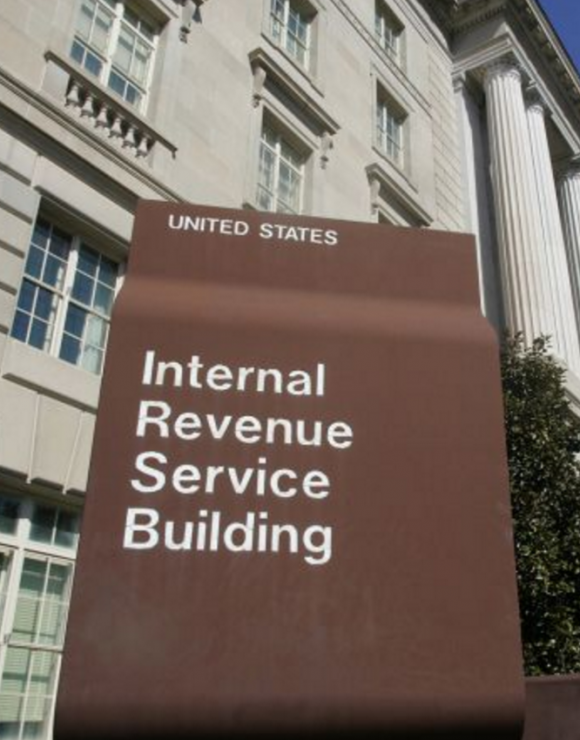 Last week, this blog
Last week, this blog 